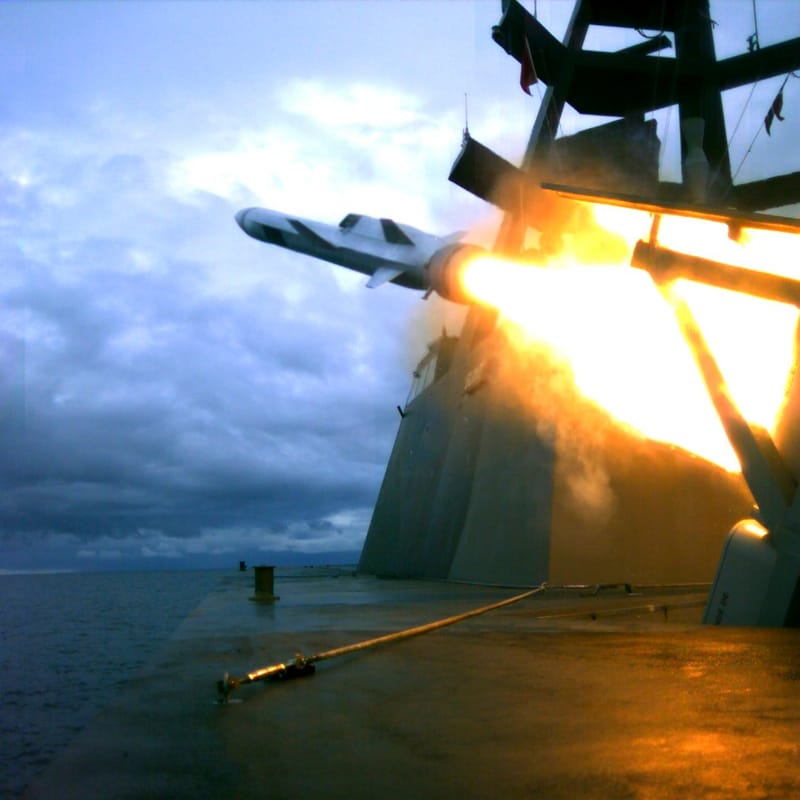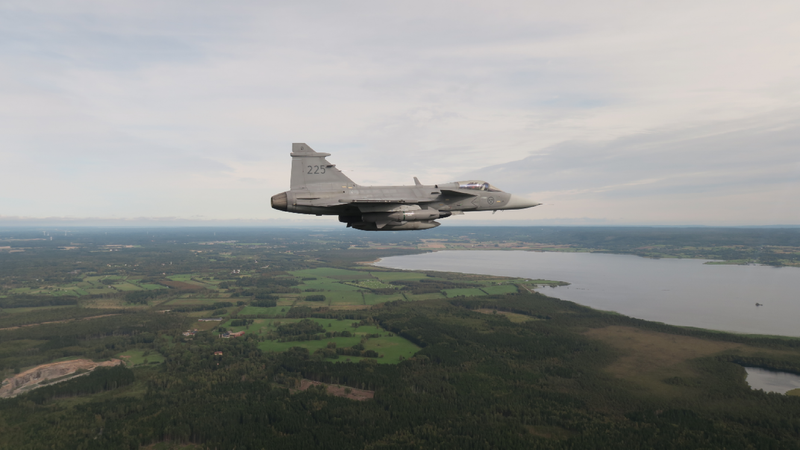Arctic Security: Germany’s Bold New High-North Strategy
Recent defense and geopolitical moves highlight the nation's increasing recognition of how the shifting security landscape impacts the Arctic, with concerns ranging from resource competition to strategic military positioning.


Germany Stations Brigade in Lithuania to Strengthen NATO’s Eastern Flank
The permanent stationing of a German brigade in Lithuania, a commitment affirmed by Defense Minister Boris Pistorius in 2023, underscores Germany’s leadership role within NATO. This move strengthens the defense of the alliance’s eastern flank, as tensions continue to rise due to Russia's invasion of Ukraine and broader threats to European security. It reflects Germany’s deepening commitment to NATO's collective defense with Germany’s infrastructure and logistical investments in Lithuania further highlighting a commitment to long-term cooperation and integration across NATO allies.
Expanded Forward Logistics and Infrastructure Buildout in Lithuania
In parallel with the deployment of a full brigade, Germany has committed to building out the necessary long-term infrastructure in Lithuania to support rapid mobilization and sustainment. According to the German Ministry of Defense, this includes dedicated barracks, training areas, maintenance hubs, and secure logistics corridors. The infrastructure plan is designed for autonomy and resilience, ensuring the brigade can operate independently while being fully interoperable with host-nation forces and NATO rapid reinforcement structures such as VJTF. This reflects not only deterrence posture but also the shift from rotational deployments to embedded readiness along NATO’s northeastern frontier.
New German Arctic Policy Stresses Security, Sea Route Access, and Environmental Protection
At the same time, Germany is addressing the shifting security dynamics in other critical regions, such as the Arctic. As noted in the Behörden Spiegel, Germany's new Arctic strategy recognizes the region's growing significance in global security. Once seen as a remote area, the Arctic is now linked to broader security concerns in the North Atlantic and Baltic Sea, particularly as Russia increases its military presence there. This situation demands stronger international cooperation to ensure stability and protect the region's role in the global climate system. Given the strategic importance of Arctic sea routes and access to natural resources, Germany emphasizes its commitment to international norms like the United Nations Convention on the Law of the Sea (UNCLOS) and environmental protections amid these new geopolitical pressures.
Baltic Sea as Strategic Convergence Zone: Air-Naval Integration Efforts Intensify
Germany’s posture in the High North and Eastern Europe is increasingly interconnected through the Baltic Sea, which serves as a corridor for both risk and reinforcement. In response to Russia's enhanced A2/AD (anti-access/area denial) capabilities in Kaliningrad and ongoing naval provocations, Germany has begun to deepen its air-naval integration in the region. Joint exercises with Finland and Sweden, now bolstered by their NATO membership, emphasize multi-domain coordination—especially in contested maritime and grey-zone scenarios. This includes data fusion from naval surveillance platforms, integrated air defense drills, and submarine cooperation with Nordic partners. These steps signal a doctrinal shift toward layered deterrence across sea, land, and air domains.
The Bundeswehr’s role in NATO is supported by its strategic shift toward national and alliance defense (Landes- und Bündnisverteidigung, LV/BV).
As outlined in the Hardthöhen-Kurier, the focus has shifted toward national and alliance defense (Landes- und Bündnisverteidigung, LV/BV). The Bundeswehr is targeting enhanced operational readiness, aiming to be combat-ready within five years. This requires improvements in agility, mobility, and interoperability with NATO allies—necessities in the face of modern, multidimensional conflicts.
Moreover, Germany’s engagement in the Arctic demonstrates the country's commitment to upholding a rules-based international order, with a particular emphasis on multilateral cooperation. As a key observer in the Arctic Council, Germany aims to ensure that sovereignty claims and disputes in the region are resolved diplomatically and cooperatively, reinforcing international agreements. The Arctic’s vulnerability to climate change, as well as its strategic importance, makes it a priority for Germany to work closely with allies to maintain security and environmental protection.
Germany’s Role in EU Defense Industrial Consolidation
Beyond its operational commitments, Germany is increasingly active in shaping the defense-industrial landscape of Europe. As a core participant in the EU's Permanent Structured Cooperation (PESCO) framework and the European Defence Fund (EDF), Berlin is pushing for interoperability and joint procurement standards. Projects such as the Future Combat Air System (FCAS), MGCS, and collaborative munitions stockpiling are part of Germany’s vision for a more cohesive European defense ecosystem. The Bundeswehr’s pivot toward capability-based planning, backed by €100 billion in special funds, ensures that industrial partnerships—such as with Norway on the U-Boat 212CD or with France on MGCS—are not merely bilateral but serve pan-European readiness goals.
Germany’s collaboration with Norway on the U-Boat 212CD project represents another key indicator for an increased capability building of its defense strategy.
As detailed in the Behörden Spiegel, Thyssenkrupp Marine Systems recently completed the Critical Design Review (CDR) for six submarines, signaling the project's readiness for the production phase. This collaboration strengthens Germany’s and Norway’s naval capabilities, with testing set for 2027 and the first submarine expected to be delivered in 2029. These advanced submarines are based on the proven 212A model, enhancing operational readiness for both countries in increasingly contested waters.
Together, Germany’s commitments in both NATO’s eastern flank and the Arctic reflect a broader strategy of adapting to new global challenges. By bolstering military capabilities, advancing international cooperation, and investing in cutting-edge technologies like the 212CD submarines, Germany is positioning itself as a central player in maintaining stability across multiple strategic domains.






